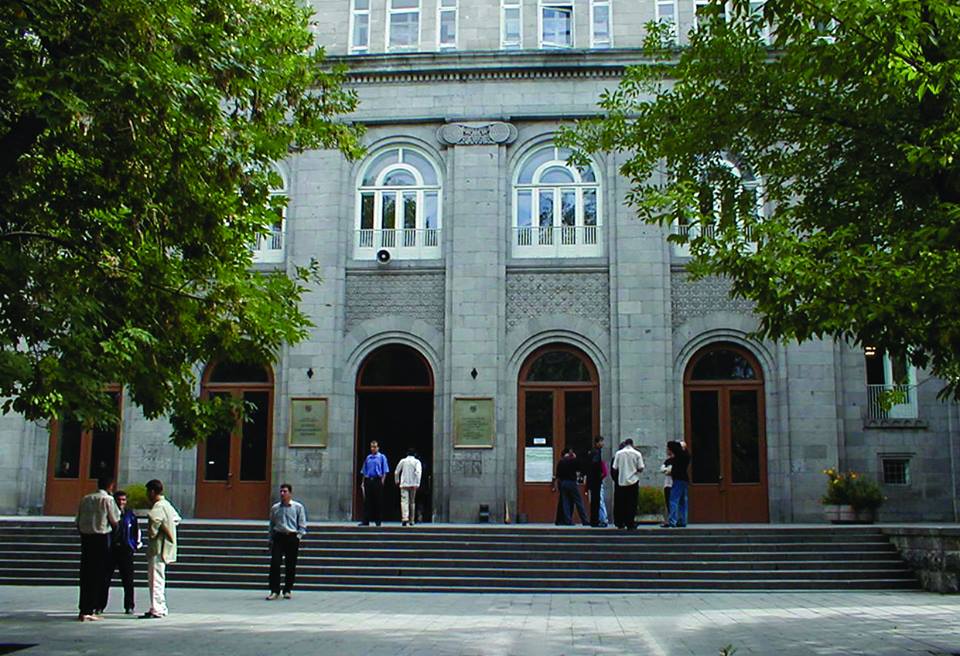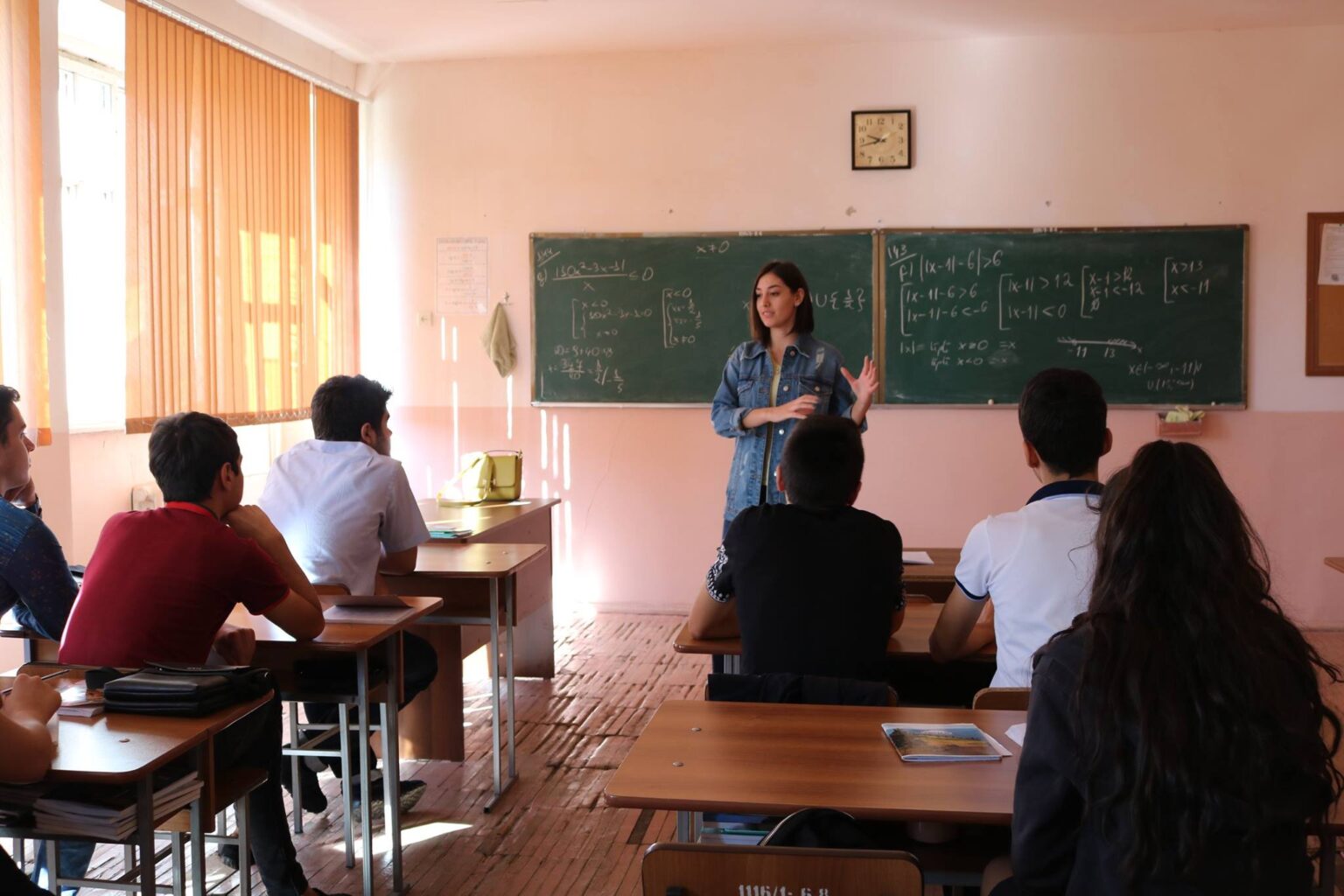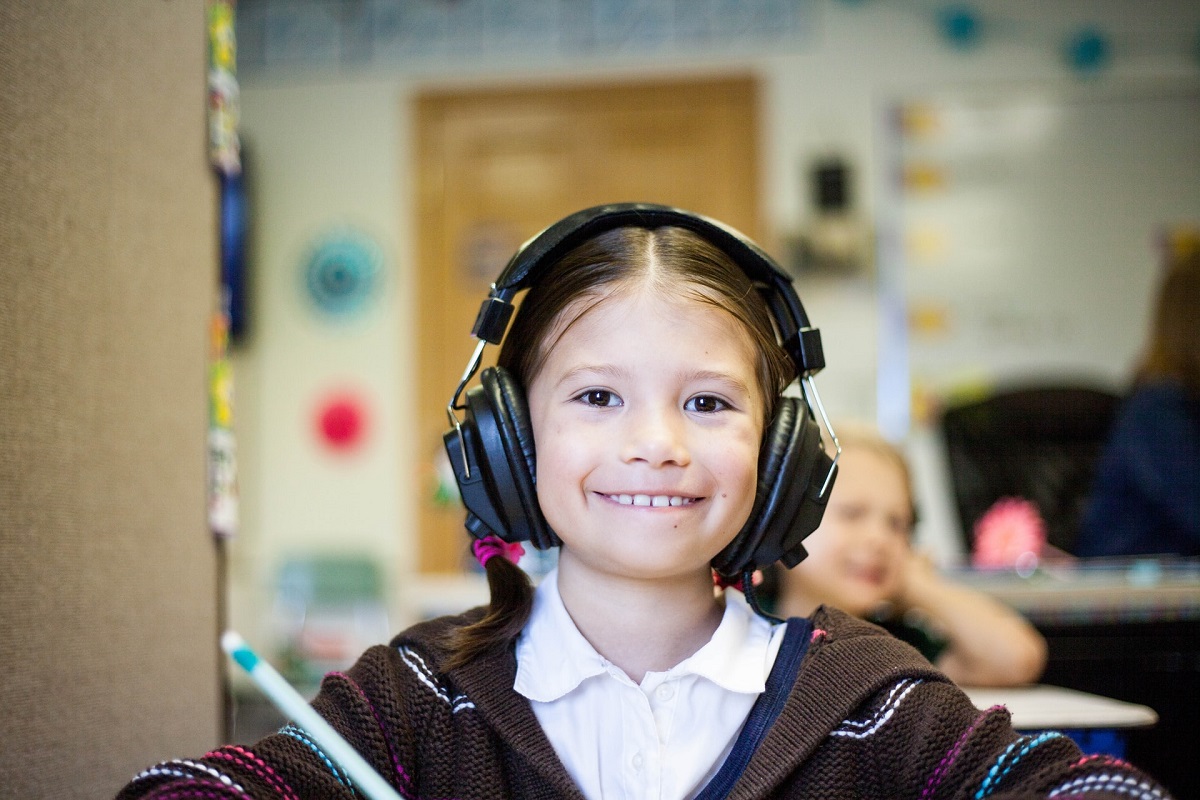“Every child is talented, but they need an education”: the Day of Knowledge in Armenia
Educational reform in Armenia
“Every child is talented, but in order for their talent to be revealed, it is necessary to provide them with an education. They need proper conditions in the school building, the necessary equipment, a quality educational program, and professional teaching staff,” Prime Minister Pashinyan declared on the Day of Knowledge in Armenia.
On September 1, the Day of Knowledge, problems in the field of education and the progress of reforms were discussed.
- Armenia: education for all and Covid-19 pandemic
- “Independence is like health – it needs to be taken care of every day” – Pashinyan
- “Building a state is not an easy task”: an opinion on the internal political situation in Armenia
40,000 first graders, more than 7,000 first year students
A few days ago, the Ministry of Education published preliminary data on how many children had entered the first grade. So far, 40,000 students have entered schools. The final figure will be known on September 10, when schools finish entering their students’ data into the system.
In universities, according to the Center for Assessment and Testing, of 11,587 applicants, 7,246 people matriculated. In state and private universities, 550 free and more than 15,000 paid places remained vacant.
‘Many universities are in agony’ – Prime Minister
According to Nikol Pashinyan, there are many problems in the field of education. In particular, educational institutions are not always accessible and do not always provide students with the proper professional qualifications.
“Many universities are just in agony. A university degree does not always mean higher education. As a result, there is more and more bewilderment and complaints that people with higher education, sometimes with two diplomas, cannot find a job and are doomed to a miserable existence,” Pashinyan said.
Pashinyan described the current situation as “a mine laid under the future of the country”, and announced large-scale educational reforms. Pashinyan said that the current “ridiculous salaries” of teachers would be tripled if they passed voluntary certification.
The Prime Minister believes that the future of the country depends on the fulfillment of a state plan for the development of education by 2030. The bill was approved by the government at the end of July. Further refinement is expected during discussions in parliament.
“The plan defines our activities in the areas of preschool and general education, vocational education and training, as well as higher and postgraduate education,” Pashinyan said.
According to the prime minister, many villages have been deserted because there are no opportunities of getting a normal education.
He also believes that kindergartens and schools opening in rural settlements will become the “cornerstone of the revival” of many villages in Armenia. Moreover, according to Pashinyan, they will not only provide education to children, but also open up opportunities for their mothers to “participate in social and economic life.”
8 state universities to operate in Armenia
The government intends to open more state universities. The prime minister said that this will happen through integration with research institutes. Up to eight state universities will thus operate in the country.
“With full state funding, these universities will meet international standards, from the level of education, research, sports infrastructure, to international educational programs and qualified teaching staff,” Pashinyan stated.
In the meantime, as the prime minister himself says, Armenian universities “often do not meet international standards” both in terms of infrastructure and the educational process. His conclusion: the start of higher education reform “can no longer be delayed.”
What changes will take place in schools?
“This year we are preparing for the biggest change that will happen next school year. This is the introduction of a new state standard for general education in all our schools. These are large-scale changes in terms of the assessment system, curriculum development, subjects, new textbooks. We need to implement large teacher training programs,” Zhanna Andreasyan, Deputy Minister of Education, said.
Speaking of changes this year, she said that schools and teachers were given the opportunity to organize their work more flexibly and freely. According to the Deputy Minister:
- there is no longer a mandatory requirement for written work for half a year,
- schools have the option of group lessons, for example art and physical education,
- according to the state standard of general education, directors will deal only with the quality of education.
Educational reform in Armenia





















